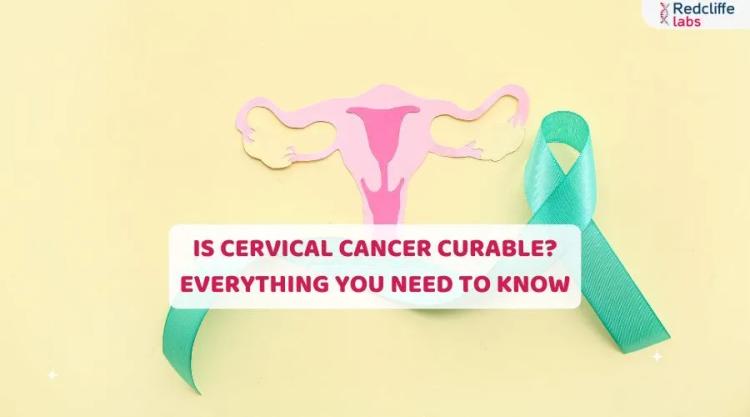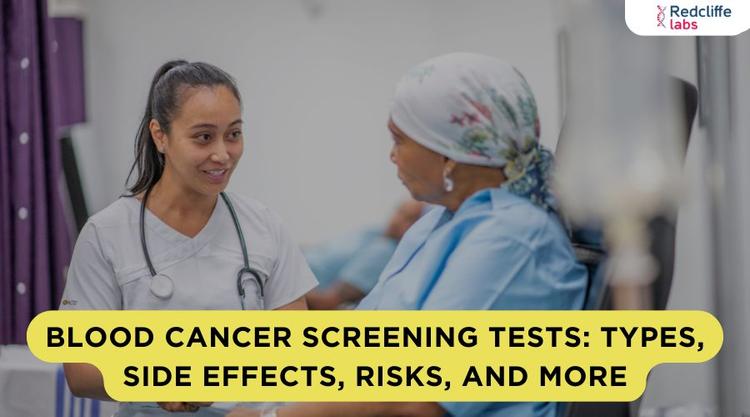World Lung Cancer Day: Lung Cancer Symptoms, Types, Causes & Care

Medically Reviewed By
Dr Divya Rohra
Written By Meenakshi
on Aug 1, 2023
Last Edit Made By Meenakshi
on Jan 7, 2025

As a critical part of the respiratory system, the lungs work together to help one breathe and are essential for our existence. These help with oxygen exchange, supplying life-sustaining oxygen to our bloodstream while sending carbon dioxide out. Protecting the lungs is crucial for overall health and well-being, as healthy lungs ensure efficient body functioning and immune defense. However, lung cancer cases are on the rise nowadays thanks to our poor lifestyle, smoking habits, exposure to secondhand smoke, pollutants, and bad dietary choices. Lung cancer is a serious cancer, silently affecting millions of lives worldwide. In this blog, let’s delve into the information about lung cancer, including its types, risk factors, symptoms, diagnostic methods, and more. So, let’s get started.
What is Lung Cancer?
Lung Cancer is one of the most common cancers claiming the most deaths worldwide. It is a type of cancer that originates in the lungs and spreads into other body parts. While smoking is the primary cause of this fatal disease, anyone can develop it, regardless of whether they smoke. Therefore, being aware and taking extra care is essential to take charge of the condition. However, to take charge, knowing the early signs is vital. So, what are those early signs whispering about your lung health? Let’s find out.
Listen To Silent Signs Of Lung Cancers:
Not every individual with Lung Cancer may experience symptoms, and some may have subtle signs only. So, what are those signs that need to be paid attention to? Let’s get started.
- Persistent Cough: A cough lasting more than three weeks or worsening over time is considered the biggest sign that something might not be right with your lungs and needs screening at the earliest possible.
- Chest Pain: A cough accompanied by chest discomfort or pain that can be sharp or dull is another symptom that needs to be diagnosed so that preventive measures can be initiated at the earliest.
- Unexplained Weight Loss: Sudden weight loss is another warning sign indicating lung cancer or problems associated with the lungs.
- Recurrent Respiratory Infections: Frequent respiratory infections are another sign that your lungs are malfunctioning and may need screening.
- Hoarseness: Unusual changes in voice or hoarseness is another sign indicating a problem associated with the lungs.
Remember, these signs could also indicate other diseases and be worse in different cases. However, if you experience something unusual or symptoms that worsen over time may need proper evaluation and diagnosis. Various lung cancers show different signs, so what common types must one be aware of? Scroll down to find more.

Common Types Of Lung Cancers:
Lung cancers are broadly categorized into two major categories, which are further divided into subtypes, such as:
- Non-Small Cell Lung Cancer (NSCLC): NSCLC is one of the common types of lung cancer, accounts for 85% of total lung cancers that includes different subtypes, like Adenocarcinoma & Squamous Cell Carcinoma, etc. with distinct characteristics. It is a type of cancer that grows slowly and causes severe lung damage.
- Small Cell Lung Cancer (SCLC): Another less common form than NSCLC. It increases rapidly in the body and is responsible for 15% of all lung cancers.
Each type and subtype have different characteristics that may require different diagnoses and treatment approaches to manage the condition and avoid complications. If you or anyone in your known is exhibiting the signs of lung cancer, they may need to undergo the screening as soon as possible.
But do you know what causes lung cancer? Do you know what contributes to the poor health of your lungs? Scroll down to find the answer:
Common Causes & Risk Factors Linked With Lung Cancer Are:
- Smoking: Smoking is one of the primary causes of lung cancer, and according to WHO, smoking is linked with 80-90% of all lung cancers. The longer they smoke, the higher their risk.
- Secondhand Smoke: Besides smoking, exposure to secondhand smoke also contributes to lung cancer, particularly for non-smokers living with smokers.
- Air Pollution & Environmental Factors: Even if you don’t smoke, certain environmental factors can also contribute to high risks of developing lung cancer. Prolonged exposure to certain chemicals or pollutants is the major risk factor after smoking or secondhand smoke.
- Family History: Apart from them, your genes or family history may add to the highest risk of developing lung cancer.
- Existing Lung Disease: People with a history of chronic obstructive pulmonary disease (COPD), tuberculosis, or other lung diseases are at higher risk of developing lung cancer than healthy individuals.
It is essential to understand that risk factors can vary for every individual, and understanding it is crucial to find the cause and take appropriate measures in time.
Tips To Minimize Your Risk Of Developing Lung Cancer:
- Quit Smoking: Smokers are at higher risk of being affected by lung cancer, so quitting is the most effective way to minimize your risks and safeguard your lung health.
- Avoid Secondhand Smoke: Exposure to secondhand smoke is equally harmful as smoking. Therefore, limit your exposure to keep your lungs protected.
- Eat Healthy: Your diet plays a major role in improving your lung health. So, switch to a healthy regimen including all the essential nutrients or minerals your lungs may need.
- Protect From Air Pollutants: Air pollution or exposure to environmental pollutants may also increase your risk of developing lung cancer, and limiting your exposure to it can help you stay safe to a possible extent.
There is no foolproof strategy to prevent lung cancer; these tips can lower your risk of developing the disease. Being aware of any unusual signs and considering regular checkups is the only way to keep track of your lung health and act early.
Now the question is, is early diagnosis helps? Yes, it does! According to a study, 20% of lung cancer deaths can be reduced if diagnosed early. Furthermore, it offers benefits like:
Benefits Of Early Lung Cancer Diagnosis:
- Improved Treatment Options: Detecting lung cancer at the early stage opens up a broader range of treatment options for individuals suffering from the condition. It increases one’s chances of managing symptoms and recovering well.
- Easier Management of the Disease: Early detection enables healthcare providers to provide a comprehensive & tailored treatment plan, leading to better disease management and improved health outcomes.
- Helps Avoid Last-Stage Complications: Early detection of lung cancer can be a wake-up call, encouraging affecting individuals to obtain timely treatment and take preventive measures to minimize the progress of the disease and avoid complications.
Conclusion: -
To conclude, early detection of lung cancer is essential to ensure your lung health remains in check. Raising awareness is the foremost step to safeguard your lung health. 1st August is observed as World Lung Cancer Day annually to raise awareness about this life-threatening disease. The aim is to aware people of the disease, its symptoms, and how early diagnosis can turn the table for the patients. So, prioritize lung health through a healthy lifestyle and regular checkups or routine Cancer Screening with Redcliffe Labs to cherish every breath we take.



